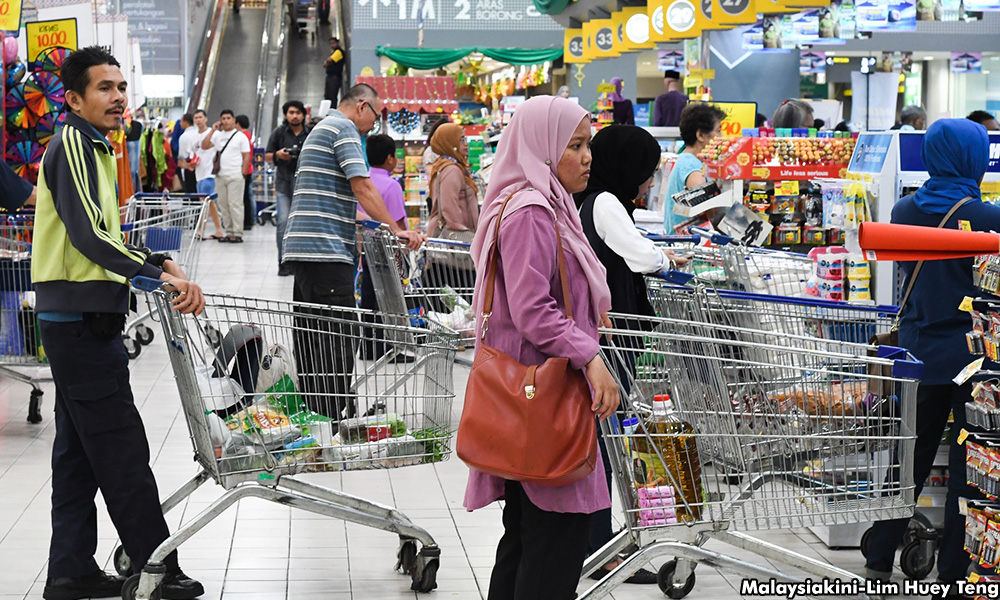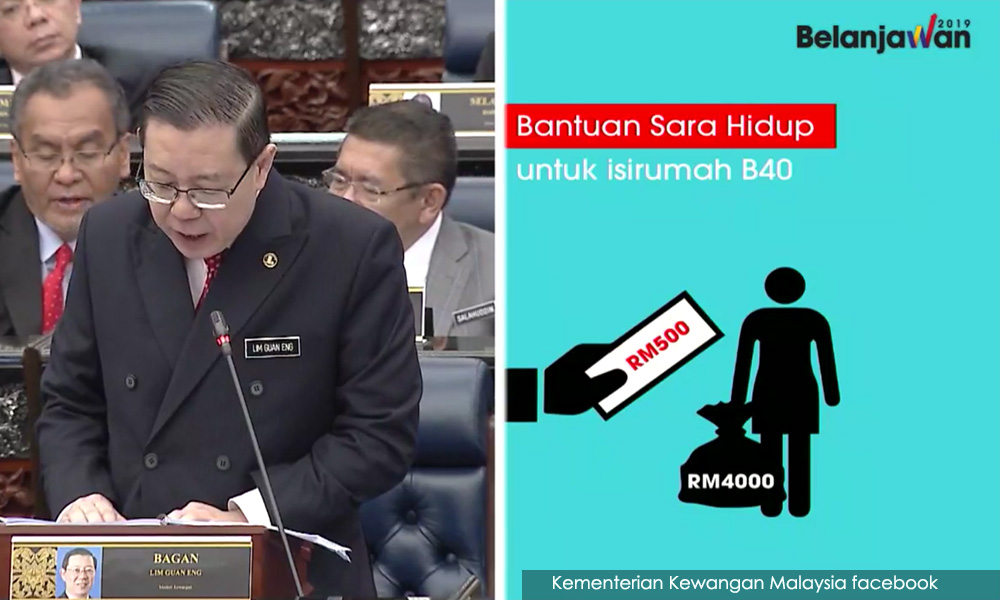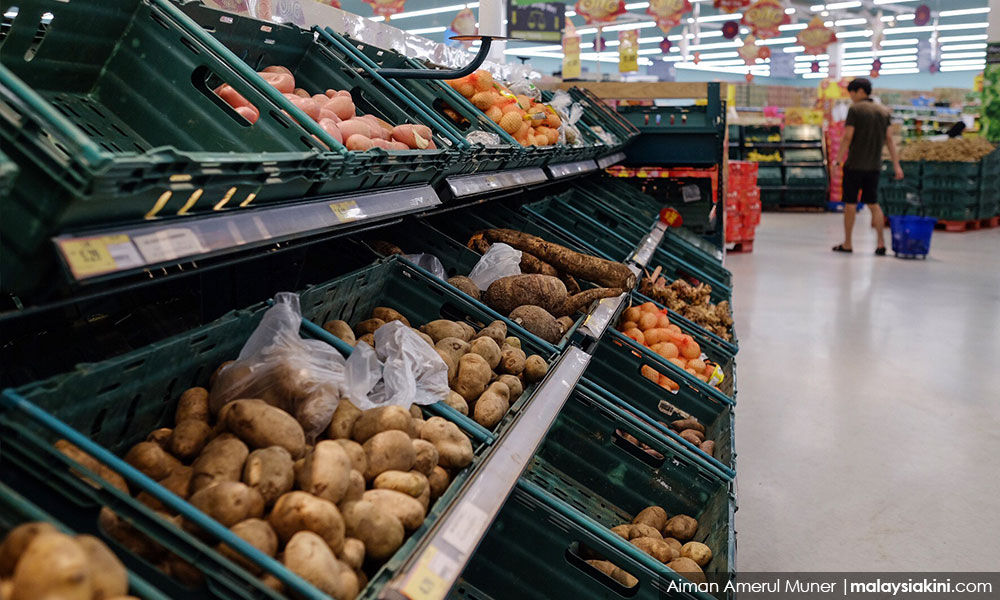
More than half of the respondents in a survey say they find the Bantuan Sara Hidup (BSH) aid to be insufficient, compared with the Bantuan Rakyat 1 Malaysia (BR1M) scheme implemented by the previous BN government.
The survey, done by market research firm Vase.ai, in collaboration with CityPlus FM, polled 1,045 Malaysians on their thoughts about the budget ahead of its tabling today.
According to the survey, 51 percent of respondents think the BSH is insufficient compared to BR1M.
This is in contrast to 24 percent who believe that BSH is an improvement compared to BR1M.
The remaining 25 percent said the policy does not concern or affect them.
Around 52 percent of the survey's respondents make a monthly individual income of RM3,000 or less.
The Pakatan Harapan government, in its maiden budget last year, revamped the BR1M scheme into BSH, which saw the hardcore poor receiving more aid but those with slightly more income and smaller families got less.

For example, a household earning under RM2,000 a month received RM1,200 under the BR1M while under BSH, a household with the same income would get a base of RM1,000 and an additional RM120 for every child up to four children, which is a maximum of RM1,480.
However, a household earning between RM2,000 and RM3,000 a month, which also received RM1,200 under BR1M, would only get a base amount of RM750 and an additional RM120 per child up to four children.
This represents a maximum of RM1,230 - and those with smaller families will likely get less.
2020 BSH aid quantum to be announced today
The government will announce the quantum for the BSH aid next year in the Dewan Rakyat later today.
According to the survey, 36 percent of the respondents believe their standard of living has improved in the last year but 42 percent said they still are working towards that goal.
Another 16 percent said things remained the same as before, while six percent believe things have got worse.

The survey found the most popular item that respondents want are price control on basic necessities, with 67 percent of respondents naming this as their priority.
This was followed by government help for the poor to own houses (54 percent), welfare aid to the lower and middle classes (54 percent), lower electricity tariff (47 percent), affordable and accessible healthcare (45 percent), improved internet access (43 percent) and RM500 cost of living allowance (40 percent).
Respondents were also asked about their opinion about the sales and service tax (SST), which replaced the goods and services tax (GST).
A plurality - 46 percent - believe there is no difference between the two taxes, while 30 percent of the respondents think it is more expensive and 13 percent think it is cheaper.
Another 11 percent do not think the SST affects them. - Mkini



No comments:
Post a Comment
Note: Only a member of this blog may post a comment.